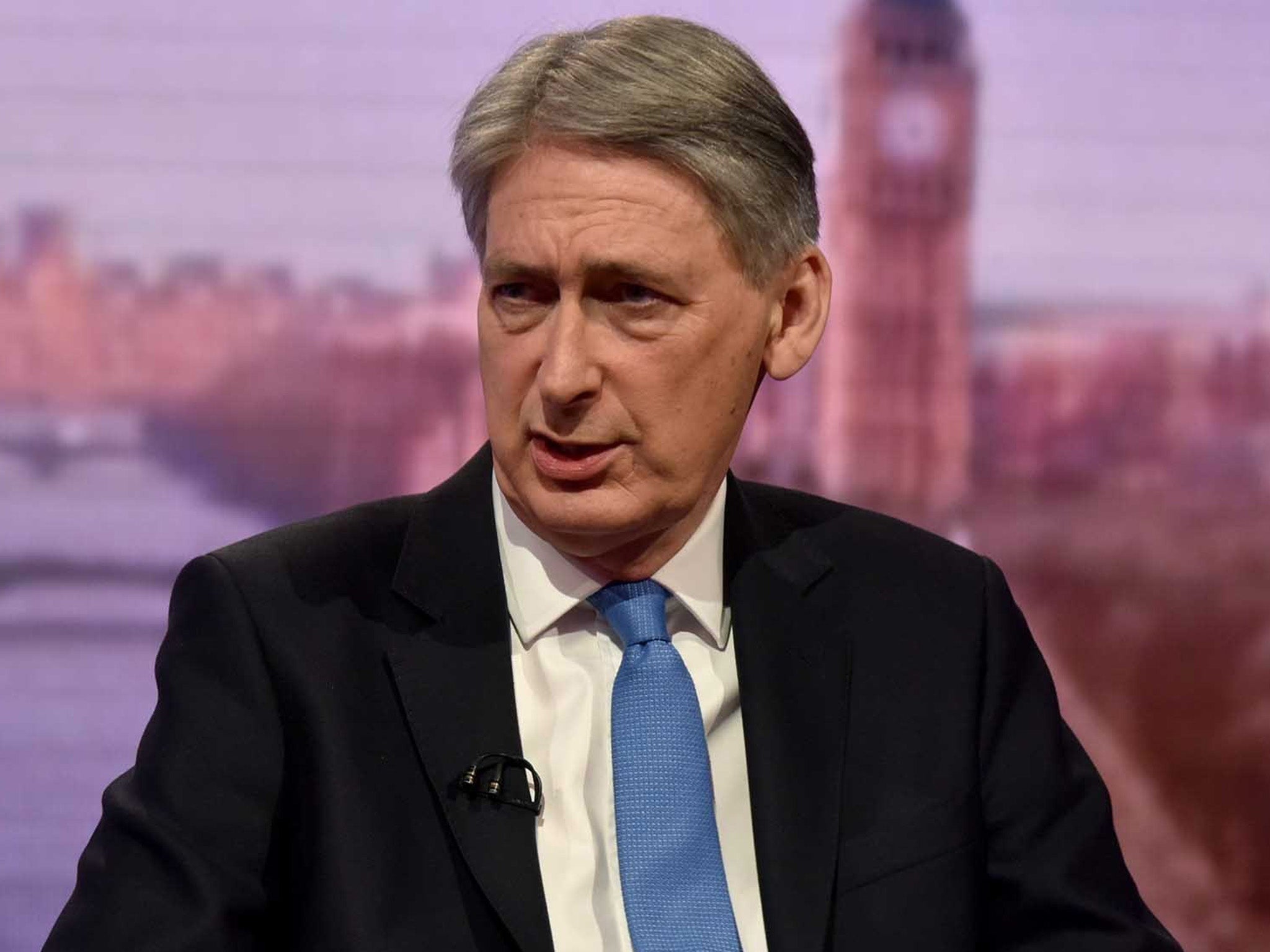Now that day-to-day spending is balanced, the UK is due a debate on future public spending priorities
There are several areas where this newspaper has felt early action is required. These include education, only partly protected, and especially higher education, where university student debts have reached intolerable levels

Philip Hammond can approach his Spring Statement – not the traditional Budget – on Tuesday with a certain confidence. In the present fiscal year, the one that ends next month, it looks very much as though the UK has balanced its current budget. In other words, it has collected sufficient tax revenue to cover its regular spending, though not its investment. This was the golden rule propounded by Gordon Brown in his first budget in 1997 as a key discipline on government spending, that the government should balance its current budget over the economic cycle, and it will have been achieved for the first time since 2001-2. (His other rule, that government debt should not rise faster than national income, has long gone, for relative to GDP public debt is now double the level it was in 1997.)
We get the latest estimate of public borrowing on Tuesday from the Office for Budget Responsibility but on the numbers available so far it looks as though the overall fiscal deficit will be close to £40bn, equivalent to about 2 per cent of GDP. That does not mean that public finances are rock solid. A deficit is still a deficit. We may be close to the peak of the present economic cycle, though there is no way of knowing this in advance. There are huge structural pressures on government spending from an ageing population. There may well be additional costs associated with Brexit. And the present era of very low interest rates, which cut the cost of debt service, is drawing to a close.
But what it does mean is that the Government can start to plan sensibly for increased public spending. How should it set about this?
For a start, it is worth acknowledging that Gordon Brown’s golden rule is not a bad place to begin. If taxpayers want a significant increase in current spending they will have to pay for it in higher taxation. Whether there is sufficient support for this is a judgement that politicians have to make. They should approach that decision honestly, acknowledging that there is no easy source of additional revenue. They should also note that total revenue has peaked at its present level, around 37 per cent of GDP, for a full generation.
Whatever decision is made on taxation, there will continue to be constraints on spending. The question then is one of priorities. Where, amid the clamour for more money, should any additional funds go?
There are several areas where this newspaper has felt early action is required. These include education, only partly protected, and especially higher education, where university student debts have reached intolerable levels. Other services that have been massively squeezed include law and order, with the prison service particularly hard-pressed. The pressures on the NHS are self-evident and need no further amplification here.
There is however an overarching principle that the Government would be wise to follow. In setting priorities it should encourage a proper and reasoned national debate, rather than dishing out whatever funds are available to the department or pressure group that shouts loudest. Ultimately this is about taxpayers’ money. The wider the debate, the greater the likely support for the decisions at the end of it. Let’s hope that a corner has been turned in the nation’s finances. Let’s hope too that as additional funds become available they will be spent in a measured and politically sustainable way.
Join our commenting forum
Join thought-provoking conversations, follow other Independent readers and see their replies
Comments
Bookmark popover
Removed from bookmarks